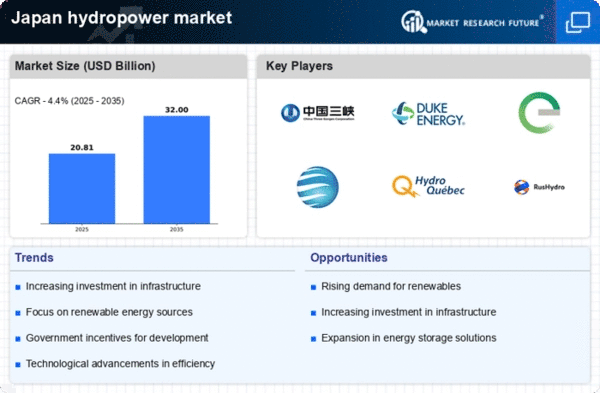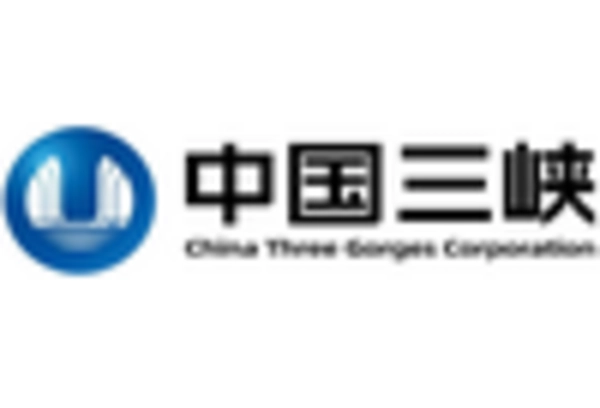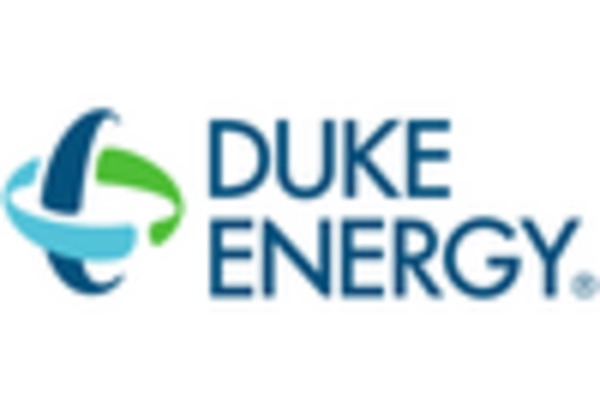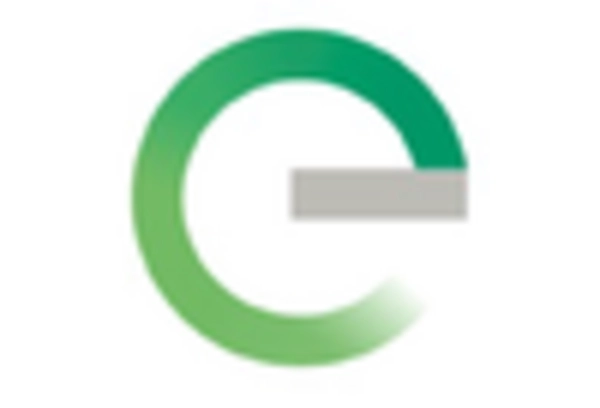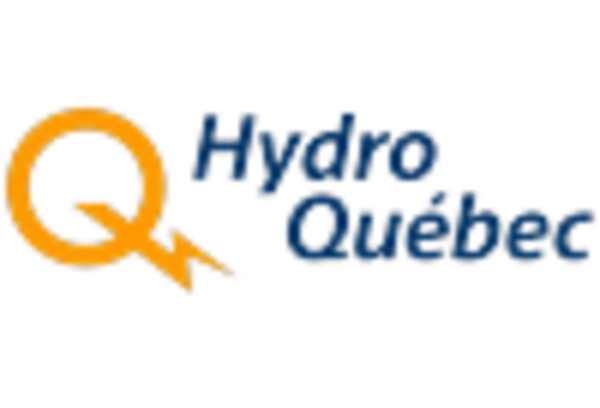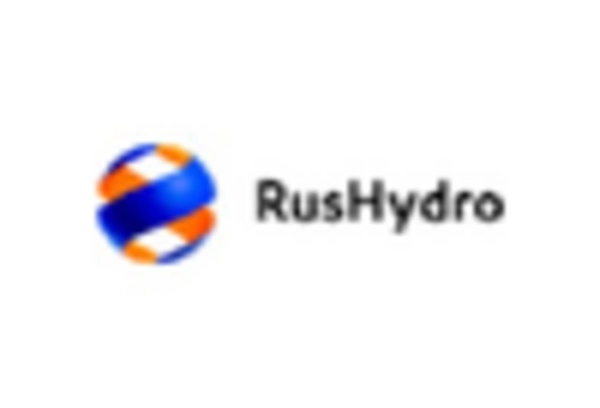Rising Energy Demand
Japan's energy demand continues to rise, driven by economic growth and industrial expansion. The hydropower market is poised to play a crucial role in meeting this demand sustainably. As of 2025, Japan's energy consumption is projected to increase by approximately 1.2% annually. This growing demand for electricity necessitates the exploration of renewable energy sources, with hydropower being a viable option due to its ability to provide baseload power. The government recognizes the importance of diversifying energy sources to enhance energy security, which further supports the hydropower market. Investments in new hydropower projects are likely to increase as utilities seek to balance supply and demand while adhering to environmental regulations.
Investment in Climate Resilience
Investment in climate resilience is becoming a priority for Japan, particularly in the context of natural disasters and climate change. The hydropower market is likely to benefit from this trend as the government allocates funds to enhance the resilience of energy infrastructure. As of 2025, Japan has committed to investing approximately $10 billion in upgrading hydropower facilities to withstand extreme weather events. This investment not only aims to protect existing assets but also encourages the development of new projects that incorporate climate resilience measures. By prioritizing climate adaptation, Japan is positioning its hydropower market to thrive in an increasingly unpredictable climate, ensuring a stable energy supply for the future.
Regulatory Support for Renewable Energy
The hydropower market in Japan benefits from robust regulatory frameworks that promote renewable energy sources. The government has established policies aimed at increasing the share of renewables in the energy mix, with hydropower being a key focus. As of 2025, hydropower accounts for approximately 7.5% of Japan's total electricity generation. This regulatory support not only encourages investment in new hydropower projects but also facilitates the modernization of existing facilities. The commitment to renewable energy is further underscored by Japan's long-term energy strategy, which aims to achieve a carbon-neutral society by 2050. Such initiatives create a favorable environment for stakeholders in the hydropower market, potentially leading to increased capacity and efficiency in energy production.
Technological Innovations in Hydropower
Technological advancements are transforming the hydropower market in Japan, enhancing efficiency and reducing environmental impacts. Innovations such as improved turbine designs and advanced monitoring systems are being integrated into new and existing hydropower plants. These technologies not only increase energy output but also optimize water usage, which is critical in a country where water resources are limited. As of 2025, the implementation of smart grid technologies is expected to further enhance the operational efficiency of hydropower facilities. The adoption of these innovations positions Japan as a leader in the hydropower sector, potentially attracting investment and fostering collaboration among industry stakeholders.
Public Awareness and Support for Renewable Energy
Public awareness regarding the importance of renewable energy sources is growing in Japan, positively impacting the hydropower market. Citizens are increasingly recognizing the need for sustainable energy solutions, which has led to greater acceptance of hydropower projects. Surveys indicate that approximately 70% of the population supports the expansion of renewable energy, including hydropower. This public backing is crucial for the successful implementation of new projects, as it can influence policy decisions and funding opportunities. As community engagement increases, stakeholders in the hydropower market may find it easier to navigate regulatory processes and secure necessary approvals for development.


